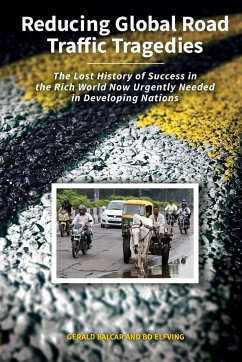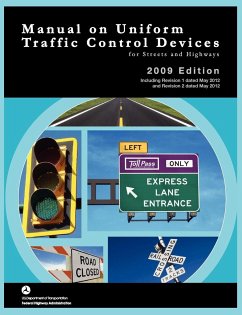It is a global scandal that road traffic crashes in low- and middle-income countries have claimed over a million lives, and caused upwards of 20 million injuries, every year for over a decade. The United Nations and the World Health Organization have been unsuccessful in reducing this tragedy with a faulty and overly complex plan. In the 40 years after 1972, road traffic fatalities in 23 high-income OECD countries decreased by 63% even though distance travelled tripled. The UN/WHO appear not to have understood what actions produced the reductions that took hold there in the 1970's. The situation in much of the developing world, however, is the opposite with increasing road traffic crashes, injuries and fatalities. Indeed, the current, inadequate and ineffective, efforts led by the UN/WHO aimed at stemming the road traffic tragedy playing out on roads in developing countries are the reasons this book is necessary now in 2016. In the spring of 1971, leaders and staff of the US House of Representatives Committee on Public Works faced reports of the tenth year of increases in fatalities on American roads. Major legislative initiatives in 1966, with actions focused almost entirely on surviving crashes and changing driver and pedestrian behavior, had not produced the expected results. Co-author Gerry Balcar was one of a small group that then initiated significant change in highway safety thinking and action. The concept that the safety of roads is central and critical to the road traffic safety equation had been missed in prior efforts. Countermeasures were added to American roads to prevent driver mistakes from becoming crashes. This began the long-term advance in American and rich world road safety. This book tells the lost story of what produced the results in the rich world and provides recommendations of what to do now in low- and middle-income countries. No nation has been successful in reducing road traffic tragedy with the limited approach promoted by the UN/WHO. With a set of simple and practical priorities, and with the right global leadership, road traffic deaths and injuries can be prevented as soon as action is taken.
Hinweis: Dieser Artikel kann nur an eine deutsche Lieferadresse ausgeliefert werden.
Hinweis: Dieser Artikel kann nur an eine deutsche Lieferadresse ausgeliefert werden.








